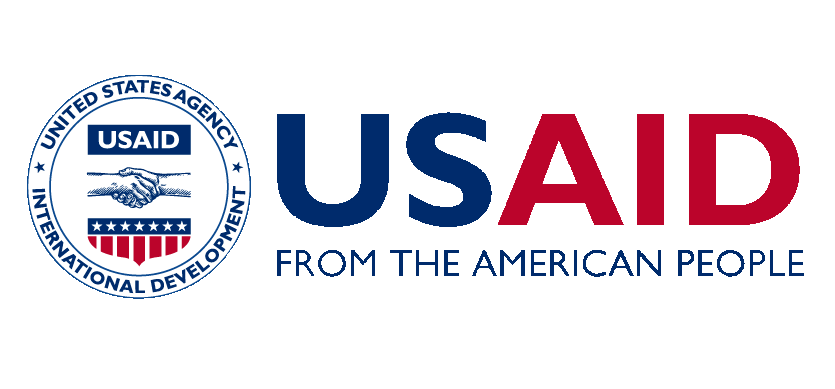O Painel Intergovernamental sobre Mudanças Climáticas (IPCC) e a The Lancet Commission apresentaram evidências sobre o aquecimento global e o impacto das atividades humanas nas mudanças climáticas globais e o impacto das mudanças climáticas na saúde humana. Mulheres grávidas, fetos em desenvolvimento e crianças pequenas são marginalizados em muitos países e estão entre os membros mais vulneráveis da sociedade. Este artigo demonstra que a mudança climática aumentará o risco de mortalidade infantil e materna, complicações no parto e pior saúde reprodutiva, especialmente em países tropicais em desenvolvimento, com impactos substanciais na saúde e sobrevivência da próxima geração dessas populações. Os esforços de pesquisa devem identificar as populações mais vulneráveis, preencher as lacunas de conhecimento e coordenar os esforços para reduzir as consequências negativas da mudança climática para a saúde. Recomenda-se um maior foco nos cuidados pré-natais para prevenir o agravamento da saúde materna e a mortalidade e morbilidade perinatal. As intervenções para reduzir os impactos negativos na saúde causados pelas mudanças climáticas também são cruciais.
Ano 2013
Fonte: Ação Global de Saúde


